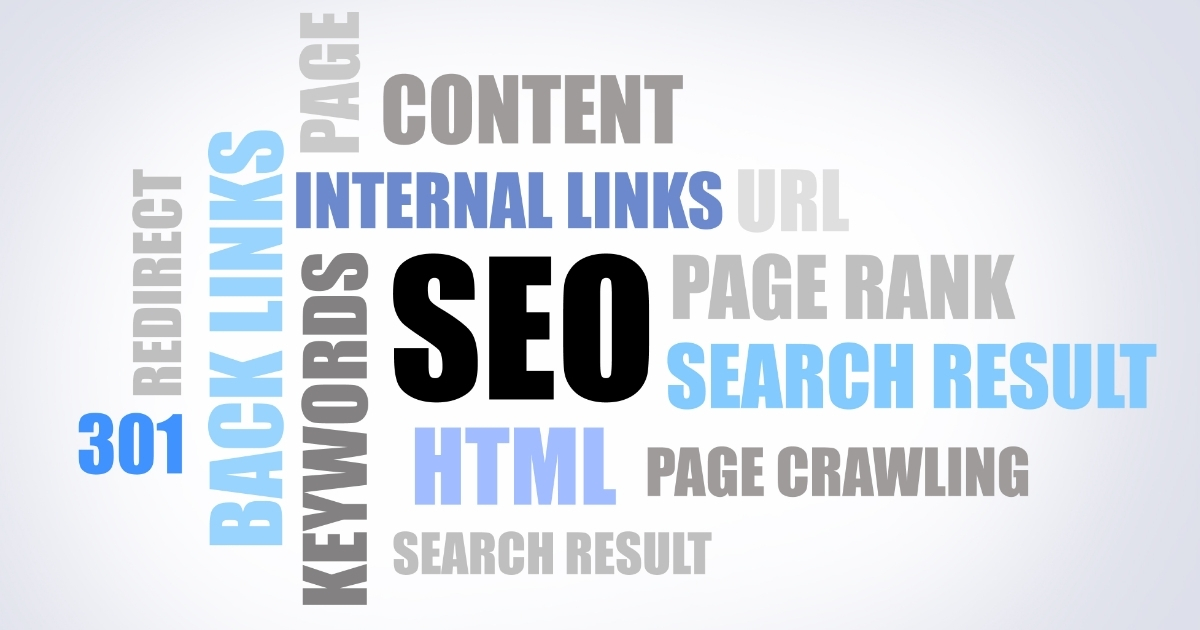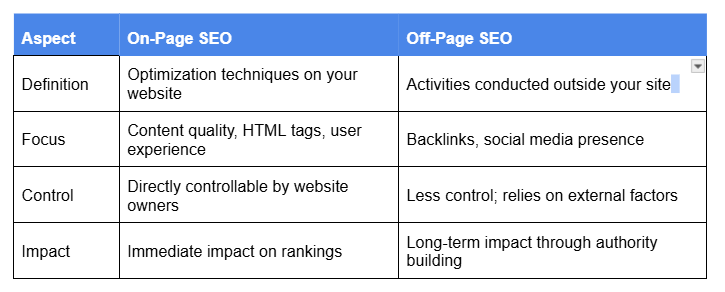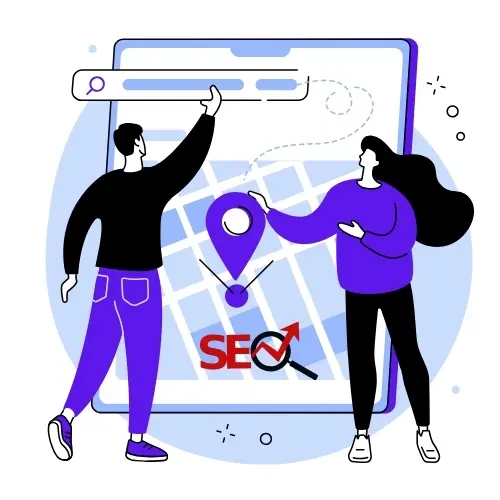Today, it feels like everybody wants to find exactly what they are looking for at the very top of the Google search results. Research indicated that Only 0.78% of Google search engine users clicked on something from the second page.
If your website appears at the top of the SERP, it becomes much easier to bring new customers into your business. Building a solid search engine optimization strategy is one of the best investments you can make for your business.
On-Page vs Off-Page SEO
There are two main categories: on-page SEO and off-page SEO.
On-page SEO: It includes the factors and techniques to enhance your website's elements that you can manage.
Off-page SEO: It refers to the various elements and techniques used to promote your site or brand online.
What's the Difference Between Off-Page and On-Page SEO?

On-page SEO means attempting to make a website attractive both to users and search engines, while off-page SEO involves ways of achieving site visibility and establishing trust and authority for your content.
What is On-Page SEO?
On-page SEO involves the methods of optimization applied directly to your website for improving your ranking in search engine result pages. It includes aspects that influence the content and layout of your site.
Key Elements of On Page SEO
Quality Content:
It is actually quite critical to have quality content with relevance. Ensure your content answers the questions well while incorporating targeted keywords very appropriately. For the best performance, try to maintain 1-2% of keyword density.
Title tags and Meta Descriptions :
Create interesting title tags along with meta descriptions with prominent keywords. These elements enable better understanding of the content among search engines and increase the chance of click-throughs.
Header Tags (H1, H2, H3):
Use header tags to organize your content clearly and effectively. This makes it easier to read and lets search engines know the order of the information.
Image Optimization:
Use descriptive file names and alt text for your images! This makes it easier for everyone to access your content and helps search engines find your images more easily.
Internal Linking:
Develop an internal linking structure that makes it easy for users to navigate your site and for page authority to be transferred.
Core Web Vitals:
Improve user experience with metrics such as loading, interactivity, and visual stability. Google is on sites that offer a great user experience, soi optimizing these factors is essential
Mobile Friendliness:
Ensure that your website is responsive and provides a seamless experience on all devices. Mobile usability contributes to rankings.
Also Read: How to Create SEO-Friendly URLs
What is Off-Page SEO?
Off-page SEO encompasses all the activities outside your website that could affect the ranking of your website in the search results pages. It is basically creating backlinks from other trustworthy sites.
Key Factors of Off-Page SEO
Backlink Building:
Obtain high-quality backlinks from reputable websites in your niche. Backlinks are essential because they indicate to search engines that a site is trustworthy.
Also Read: How To Get Quality Backlinks Step-By-Step Guide 2025
Social Media Engagement:
Share your content on social media platforms to increase visibility and attract more visitors. Connecting with followers can increase brand recognition.
Guest Blogging:
Write guest posts for reputed blogs within your niche. This will help you create backlinks and position you as an expert authority within your niche.
Also Read: The Ultimate Guide to Guest Blogging 2025
Unlinked Mentions:
Be on the lookout for mentions of your brand without links. This can be a great outreach opportunity to turn mentions into backlinks.
Google My Business:
If you own a local business, optimizing your Google My Business listing will greatly enhance the visibility of your business in local search results.
Difference between on page and off page seo

Get Started with On-Page and Off-Page SEO Optimization

Remember that a good SEO strategy is not a choice between on-page SEO and off-page SEO. That's like choosing to put tires or an engine in your car - you need both to reach your destination! It is very important to focus on good on-page SEO before investing too much time, effort, or money into building links or promoting your site on social media.
Marketing tools help you be sure that your website will be built on a robust base with helpful website reviews, detailed technical analysis, and keywords.
Using the above data and insights, you'll have the tools that you need to craft fantastic strategies focusing on both On-Page and Off-page SEO. This will assist you in reaching a bigger audience and bringing more traffic to your website!
Why are on-page SEO and off-page SEO important?
On-page SEO and off-page SEO are just the two sides of the coin. SEO performs well if you consider the both because Google believes ranking factors that take place on your pages as well as those which take place outside of them.
Depending on what you want, you can find that it is best to concentrate more on one of the SEO types some of the times. Concentrate less on just one of the SEO types permanently.
Final Thoughts
Understanding the difference between on-page and off-page SEO is very important for any sort of digital marketing strategy. Since you focus on both and create a well-rounded technique that can boost visibility and drive traffic, it enhances authority in your niche while keeping you up-to-date in the competitive online market. Try these out now!
On-page SEO and off-page SEO might seem too much, but there is even more in the world of SEO. You might find different types or subdisciplines of SEO, such as technical SEO, local SEO, multilingual SEO, and so on!
We at Optimixia provide custom SEO services with semantic SEO as the backbone of our skills. The experts are ready and willing to help your business maximize your presence online and achieve more targeted leads on the website. Contact us today for the way forward toward optimizing your SEO strategy for lasting success.